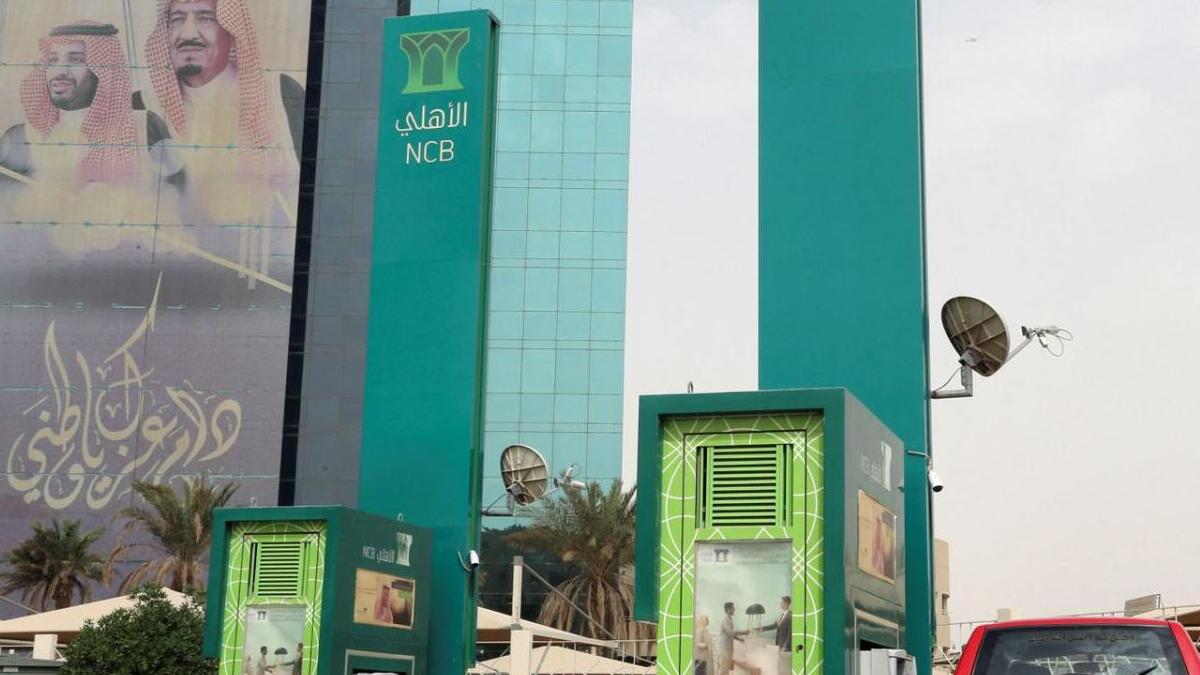The chairman of Saudi National Bank has stepped down following Credit Suisse’s acquisition.
The chairman of Saudi National Bank (SNB), Khalid Al-Falih, has resigned from his position following the acquisition of a significant stake in the bank by Credit Suisse. The Swiss bank announced the purchase of a 33.3% stake in SNB in March 2023, as part of its ongoing expansion into emerging markets. However, the deal has not been without controversy, with some in the Saudi Arabian business community questioning the wisdom of allowing a foreign bank to take such a large stake in one of the country’s most important financial institutions.
Al-Falih’s resignation was announced in a statement released by SNB on Wednesday, in which he expressed his regret at leaving the bank but said that he felt it was the right decision given the changes taking place in the industry. “I have been privileged to lead SNB during a period of significant growth and transformation, and I am proud of what we have achieved together,” he said. “However, with the recent acquisition by Credit Suisse and the changes this will bring, I believe it is time for me to step down and allow someone else to take the helm.”
Al-Falih has been chairman of SNB since 2016, having previously served as Minister of Energy, Industry, and Mineral Resources in the Saudi Arabian government. He is widely respected in the business community both in Saudi Arabia and abroad, and his departure will be seen as a significant loss to the bank.
Credit Suisse’s acquisition of the stake in SNB is part of a wider strategy to expand its presence in emerging markets, particularly in the Middle East and Asia. The bank has been looking to diversify its business away from its traditional focus on Europe and the US, and has been investing heavily in new technology and digital platforms in order to compete with other global financial institutions.
However, the deal has been controversial in Saudi Arabia, with some members of the business community expressing concerns about the long-term implications of allowing a foreign bank to take such a large stake in one of the country’s most important financial institutions. Some have suggested that the move could be a precursor to a full takeover of SNB by Credit Suisse, a prospect that is likely to be viewed with suspicion by many in the country. Despite this opposition, the deal has been approved by the Saudi Arabian Monetary Authority and is seen as an important step in the country’s efforts to open up its banking sector. The move will also provide Credit Suisse with access to a large and potentially lucrative market that was previously off limits to foreign banks.
In response to these concerns, Credit Suisse has sought to reassure the Saudi Arabian authorities and the wider business community that it has no intention of taking control of SNB. In a statement released following the announcement of the acquisition, the bank said that it was “committed to working closely with SNB to support its growth and development, and to help it realize its full potential as one of the leading financial institutions in the region.”
Despite these assurances, however, there are likely to be further questions about the future of SNB under the ownership of a foreign bank. The departure of Al-Falih, who was seen as a strong and effective leader, is likely to heighten these concerns, and there will be pressure on Credit Suisse to appoint a new chairman who is seen as both credible and experienced in the Saudi Arabian business community.
Overall, the acquisition of the stake in SNB by Credit Suisse is likely to be seen as a significant moment in the ongoing transformation of the global banking industry. As banks seek to expand into new markets and diversify their businesses, deals such as this are likely to become more common, and it will be interesting to see how the industry adapts to these changes over the coming years.
Read More on Credit Suisse





